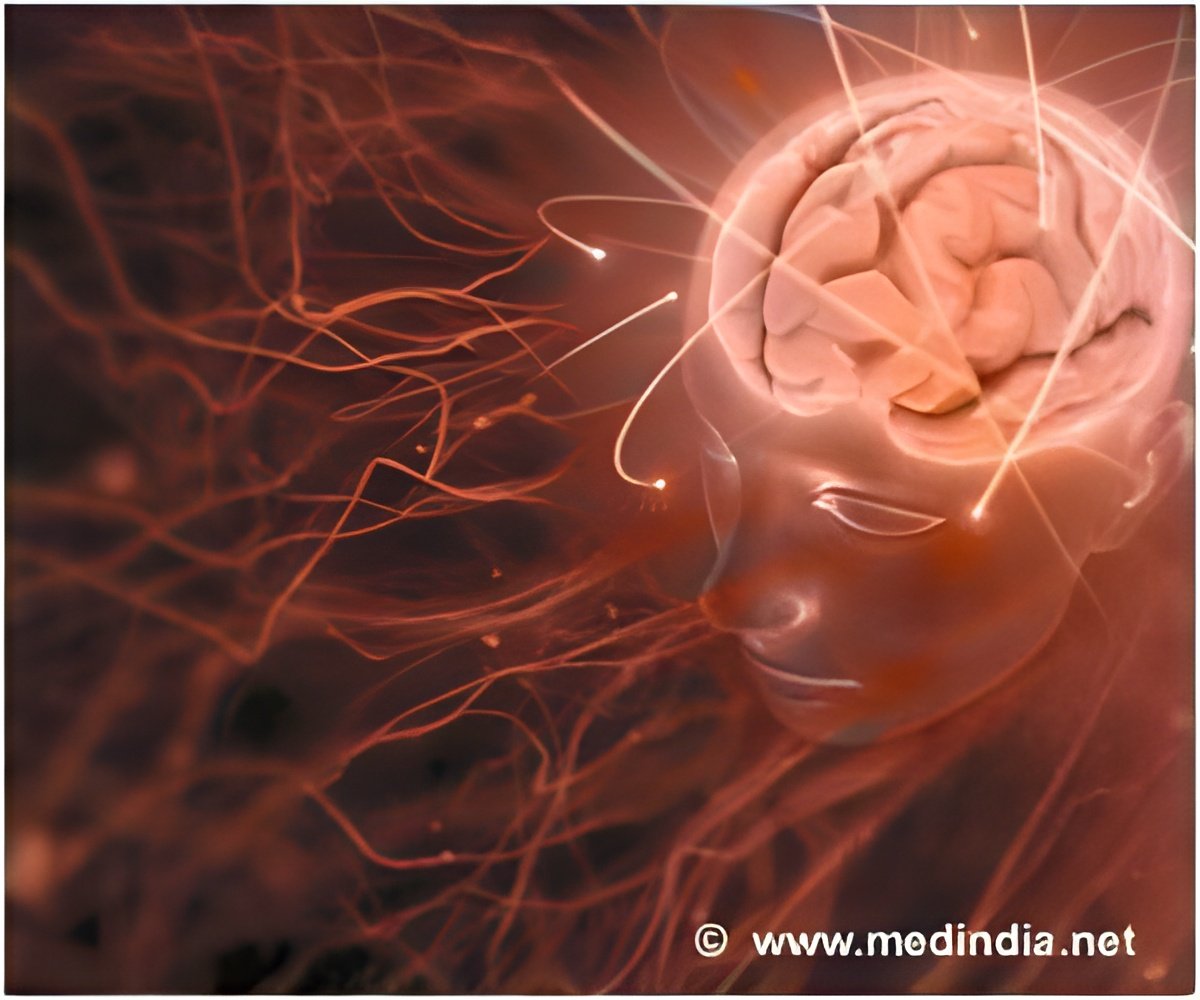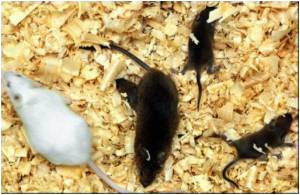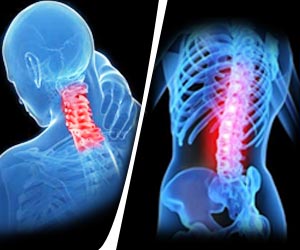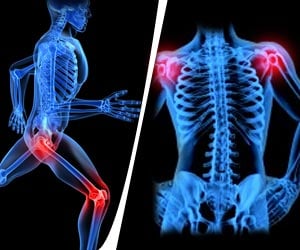
Pain signals travel from an injury to the spinal cord where they pass on electrical or chemical pain signals to other cells. Those pain signals then travel upward and relay this information to neurons in the brain where they can be distributed throughout. There is no single pain center in the brain, but there is substantial evidence that chronic pain changes how these pain centers are activated.
Among people with chronic pain, neurons continue to send pain signals to the brain, even in the absence of injury, but the causes of this are not known. A potential explanation comes from A11 neurons. These neurons did not affect acute pain, but they did had a profound effect on chronic pain. By targeting these neurons in mice with chronic pain, the researchers could permanently reverse a chronic pain state.
The study is published in The Journal of Neuroscience.
Source-Medindia















